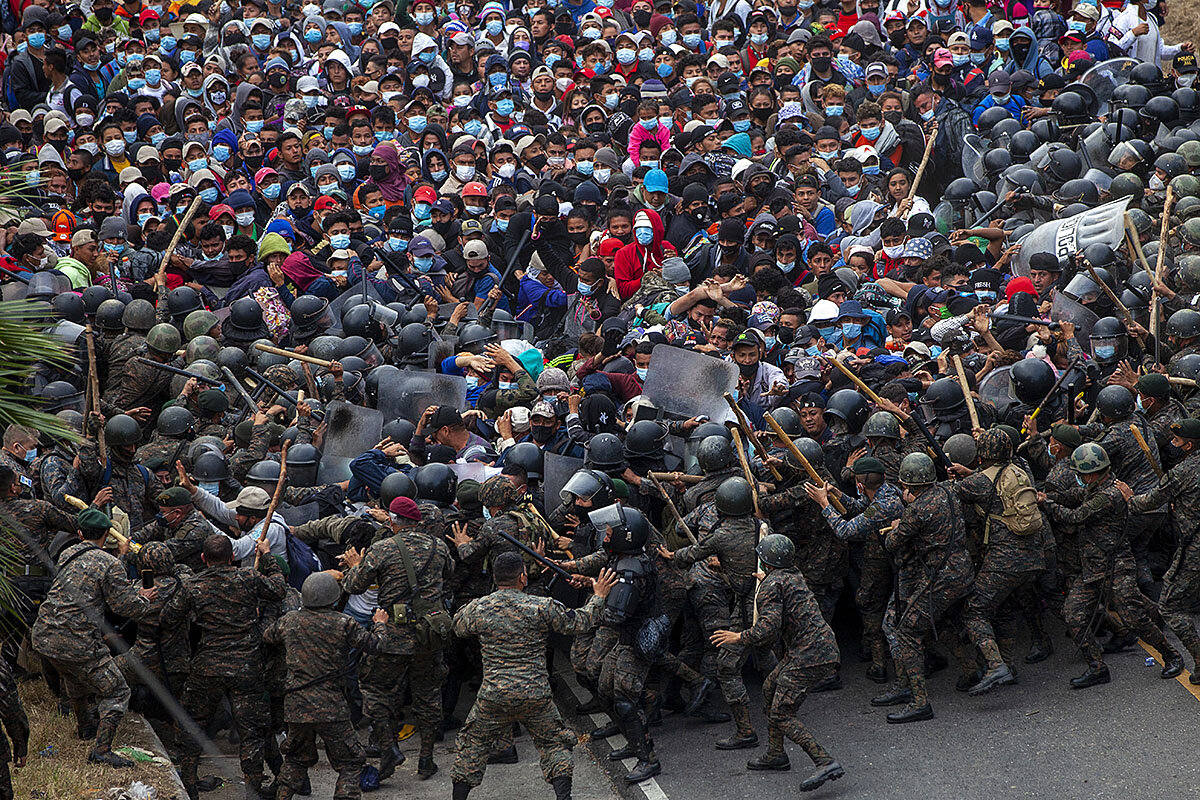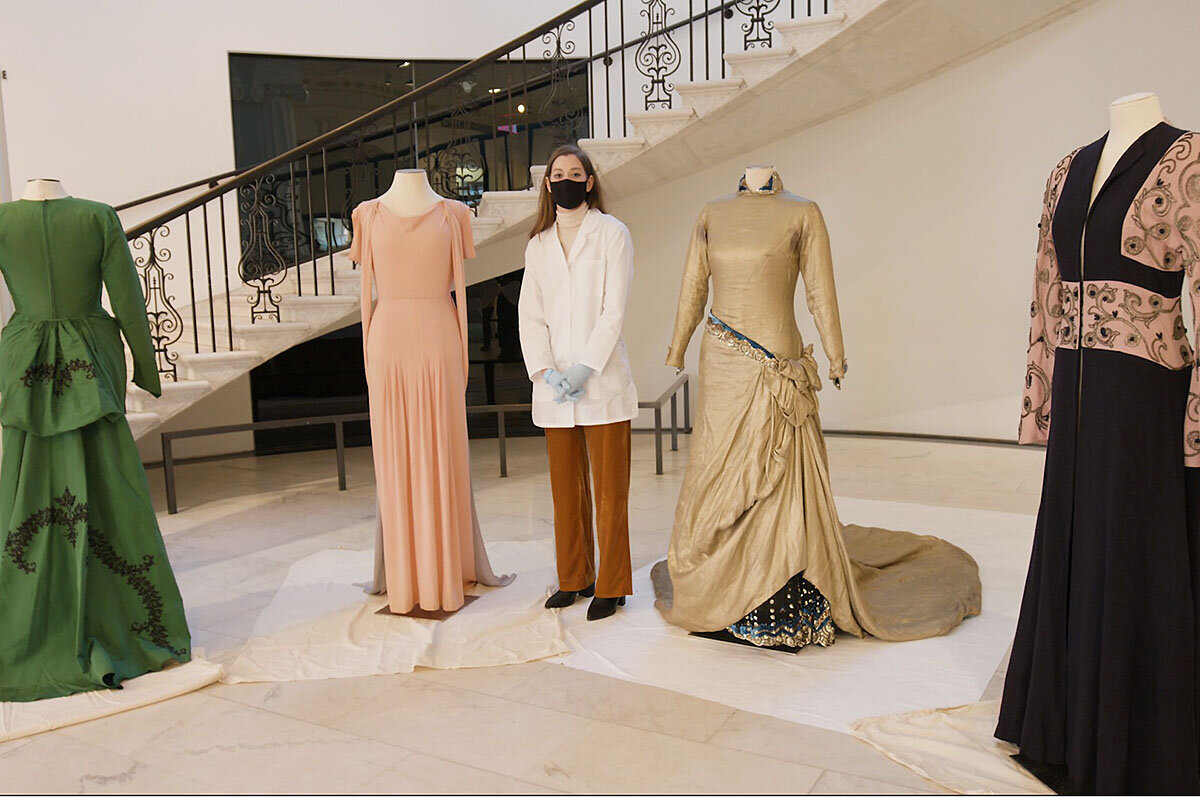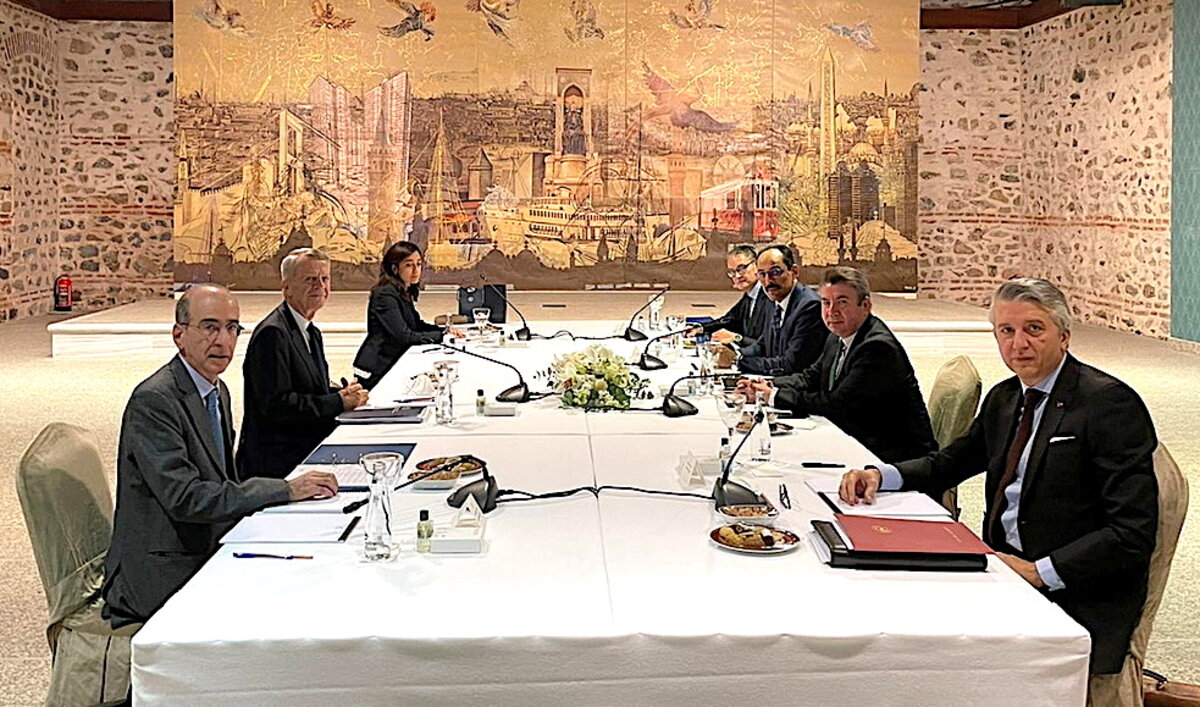We will be safe anywhere when we are safe everywhere. That pandemic truism underlines our interconnectedness – and why the moral question of who gets vaccines first is important to all.
Monitor Daily Podcast
- Follow us:
- Apple Podcasts
- Spotify
- RSS Feed
- Download
 Mark Sappenfield
Mark Sappenfield
The future of free-market capitalism is in the news a lot lately. It has created unprecedented wealth for humanity, lifting billions out of poverty. But its more rapacious elements are driving humanity toward environmental disaster. What happens when human economic progress appears to be pitted against the need for natural balance?
Enter the doughnut – a Goldilocks economic principle that aims for the sweet spot where free-market capitalism drives wealth but not excess. Amsterdam is one of a handful of cities worldwide experimenting with doughnut economics. In one shop, it means a tax for items not produced sustainably. For one city program, it meant spending money to refurbish old computers for students in lockdown rather than buying new ones – saving waste.
The idea has plenty of critics on the right and left, saying it neuters the power of the free market or doesn’t go far enough in striving for balance. But more important than a debate over its economic merits, perhaps, is the recognition of the need for new thinking between the extremes.
The doughnut may or may not work, but it represents an attempt to reframe the question, and the pandemic has pushed many cities to recognize the need for fresh approaches. An Amsterdam city official told Time magazine: “I think in the darkest times, it’s easiest to imagine another world.”










